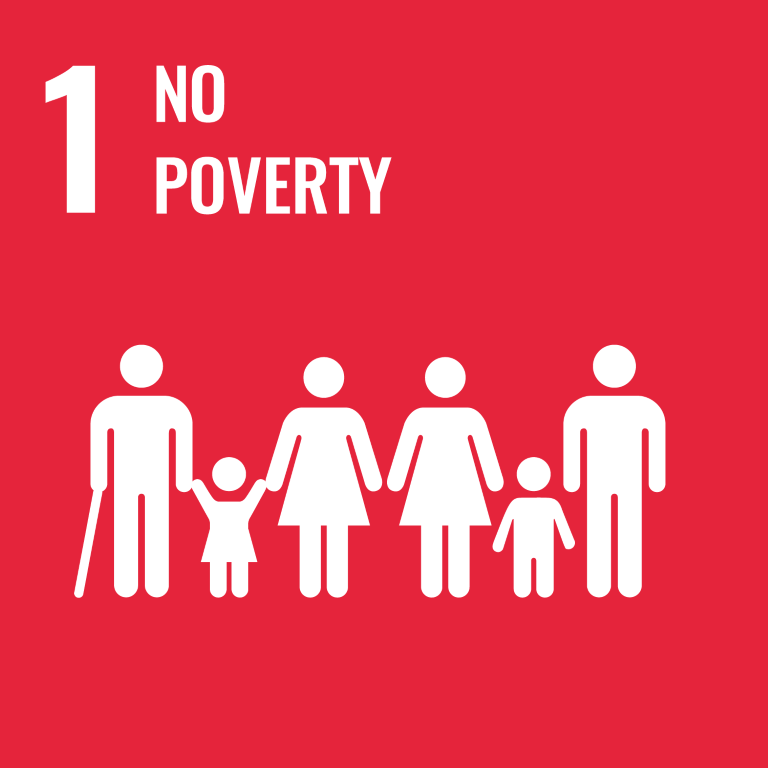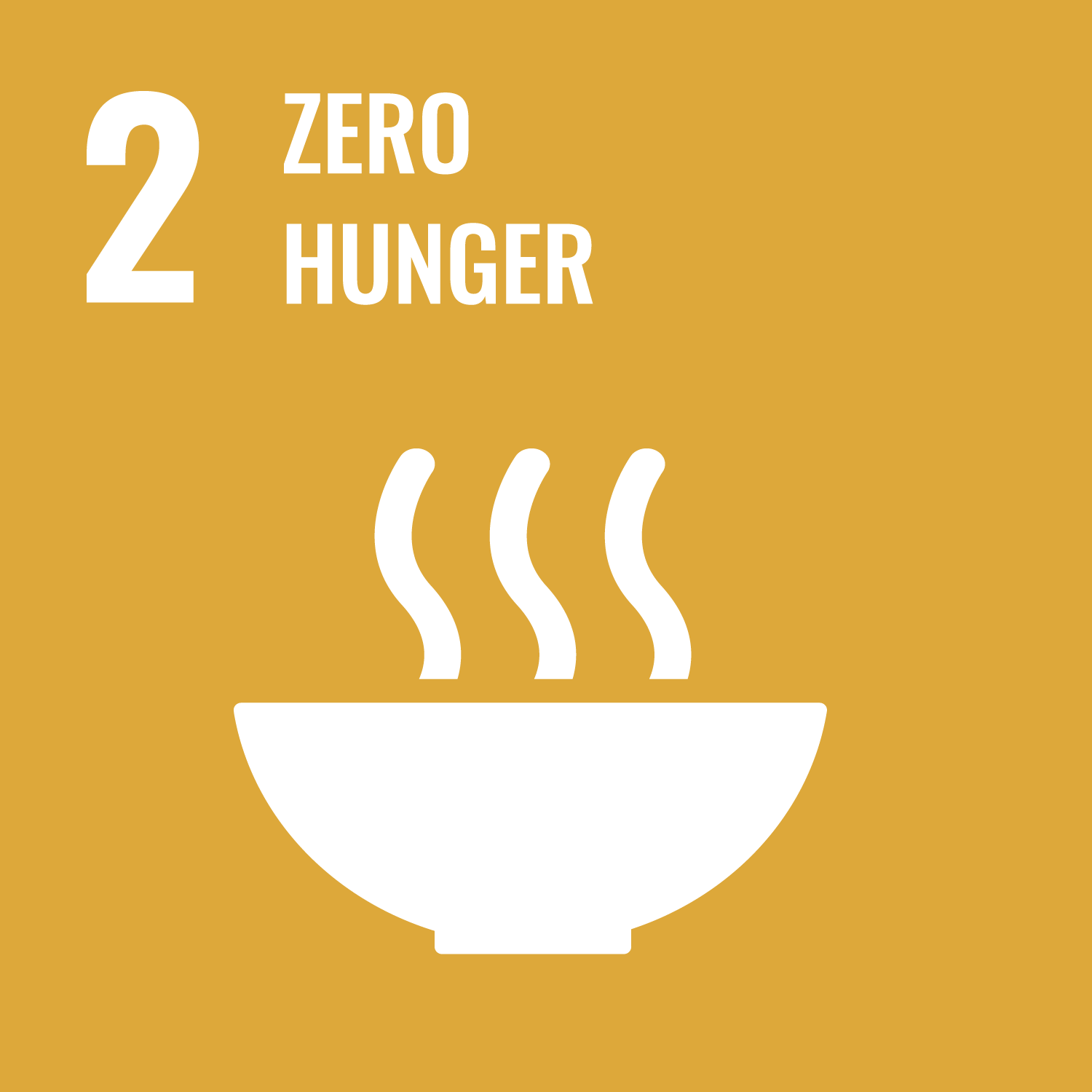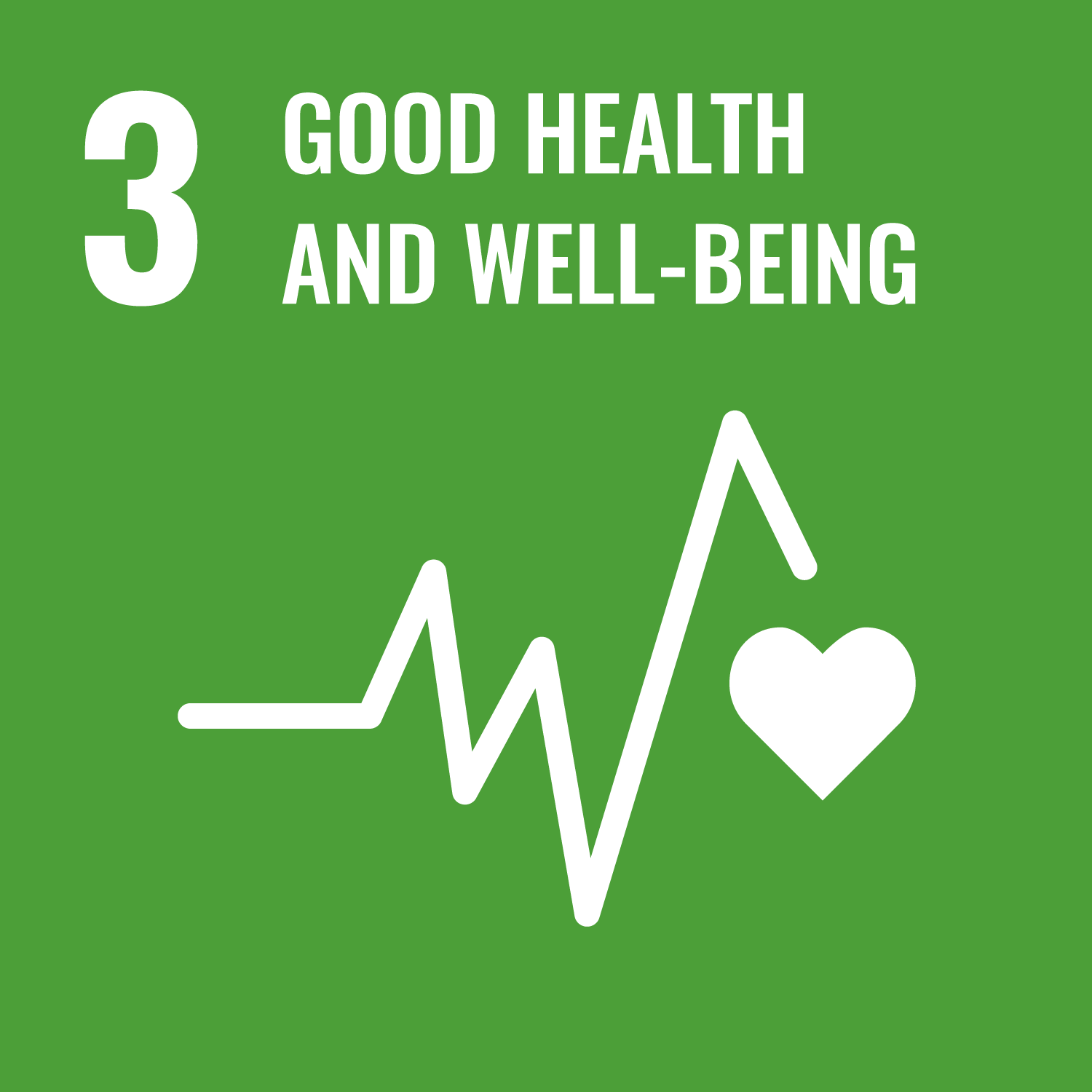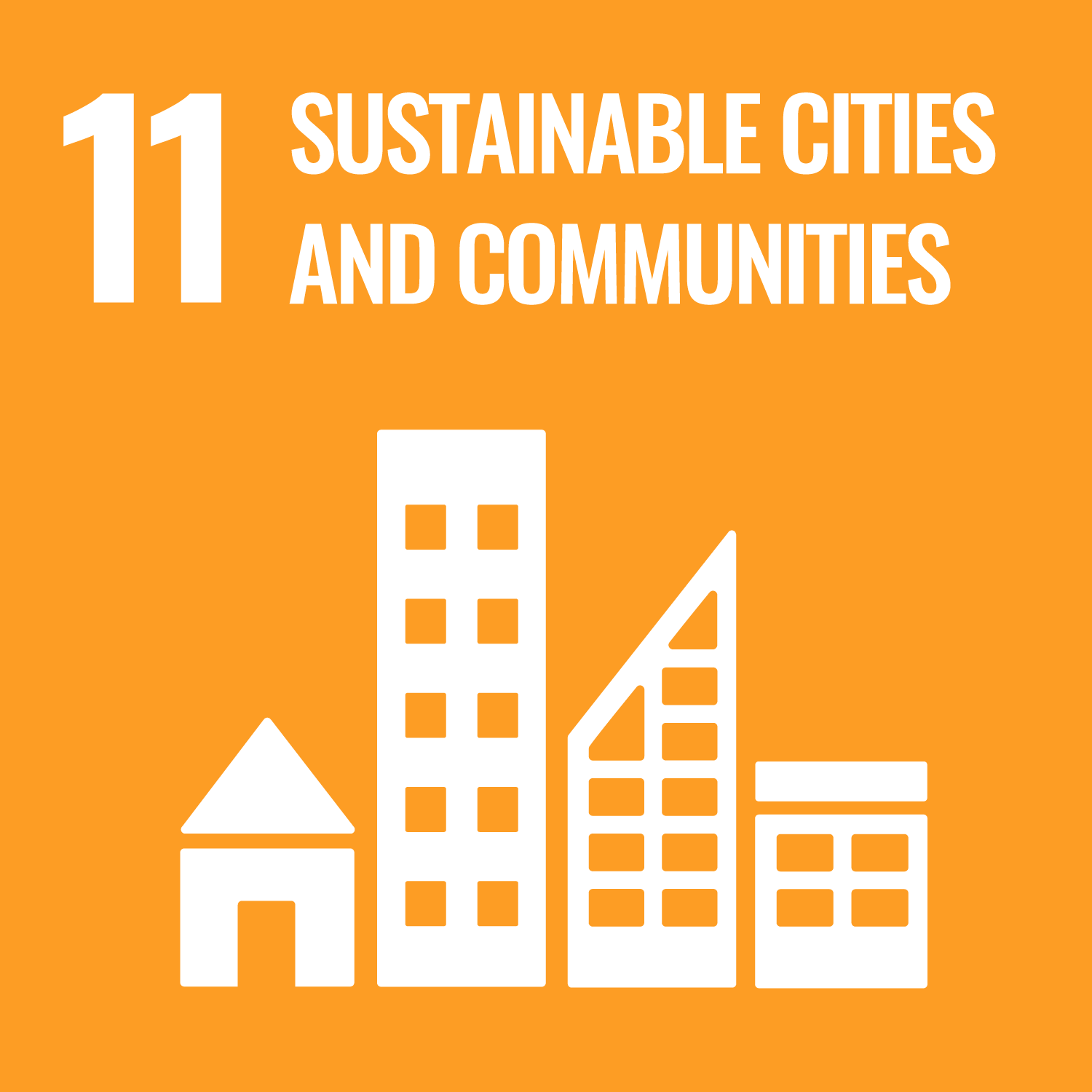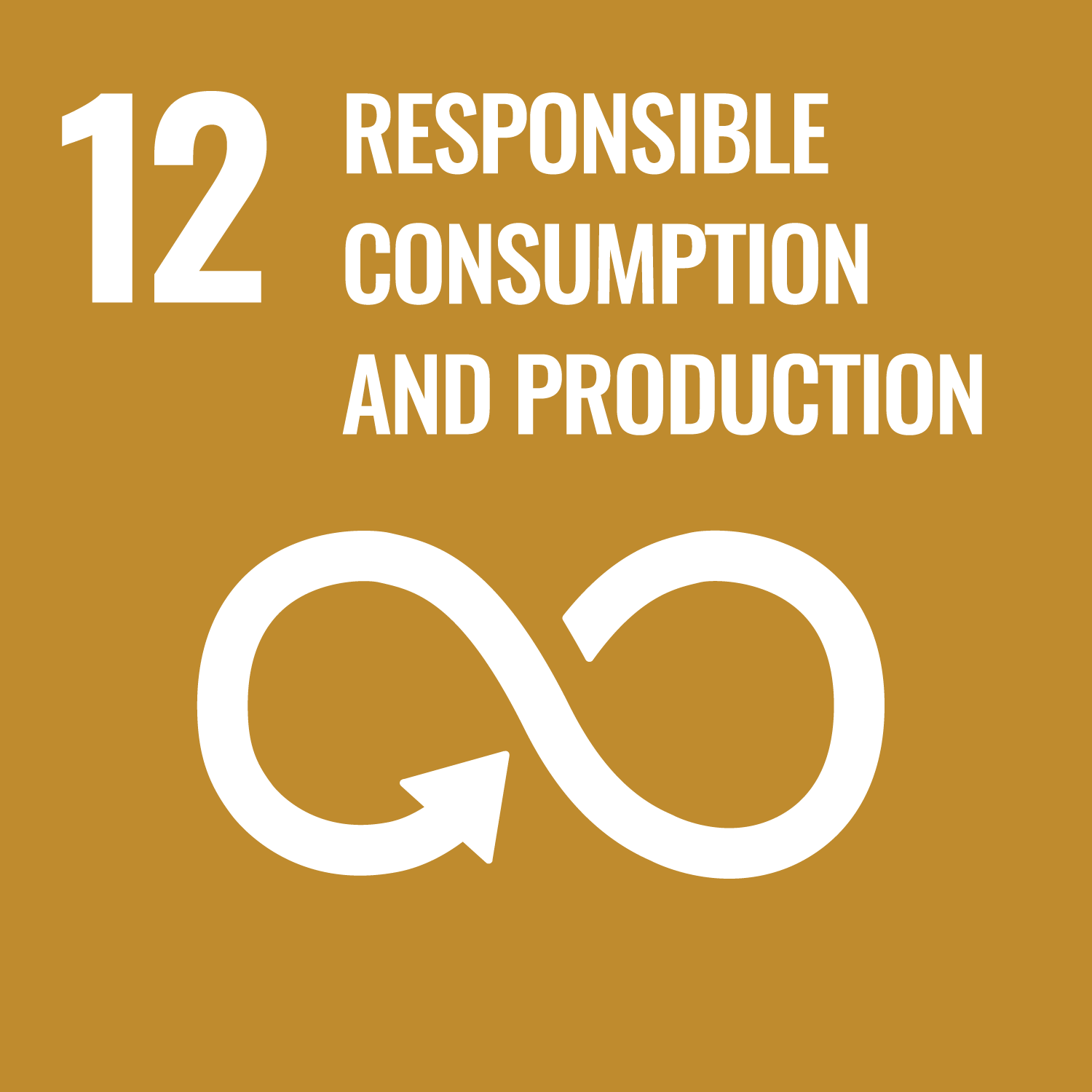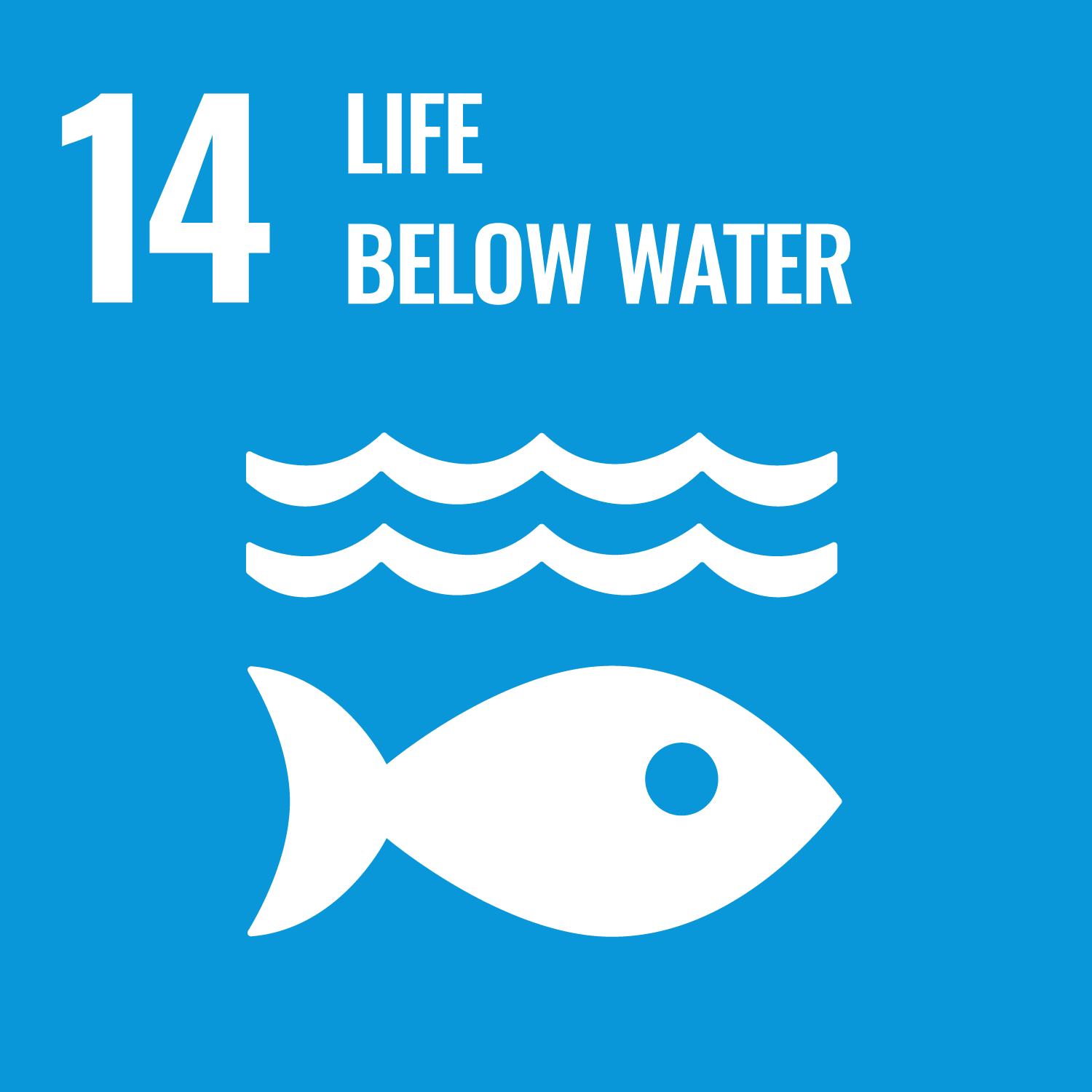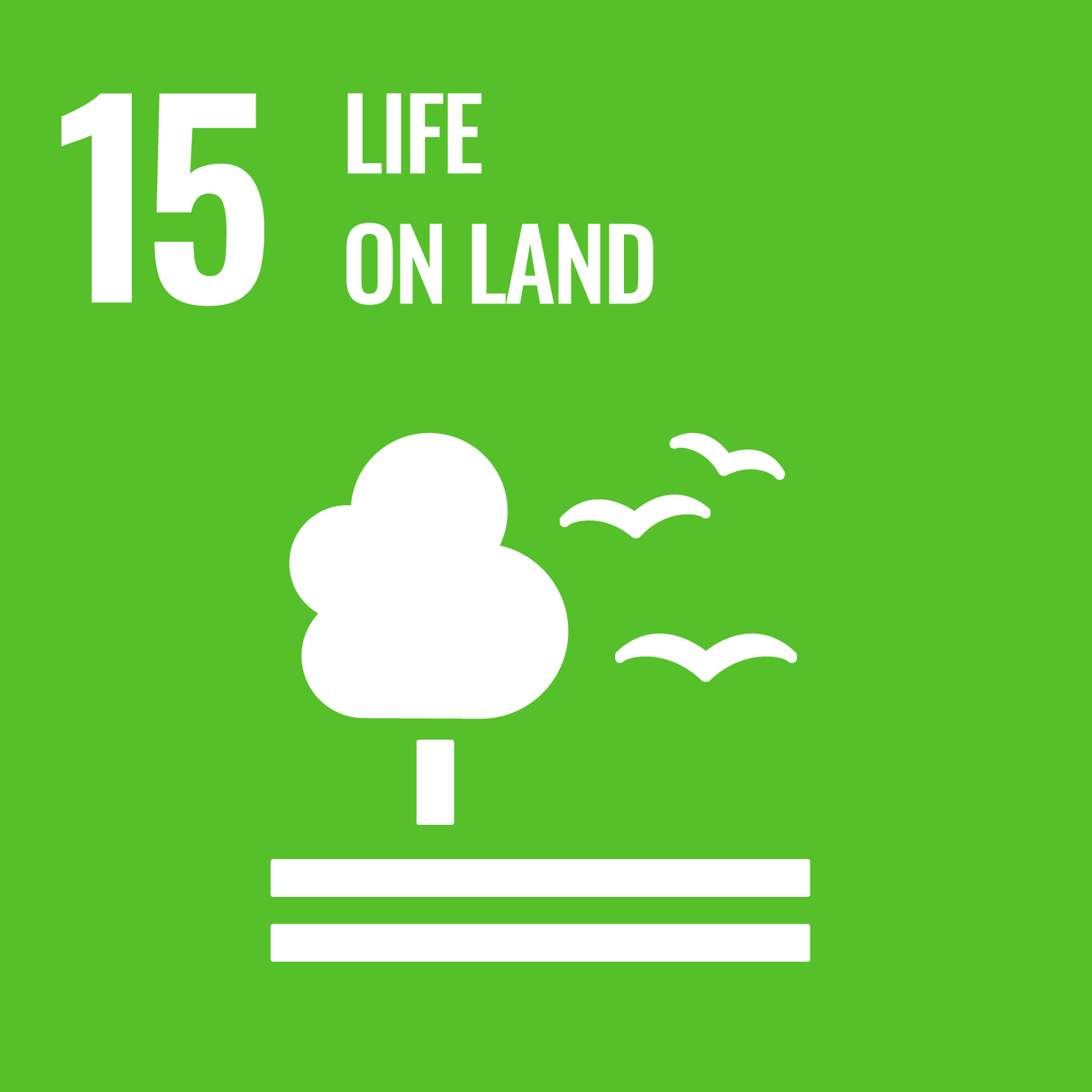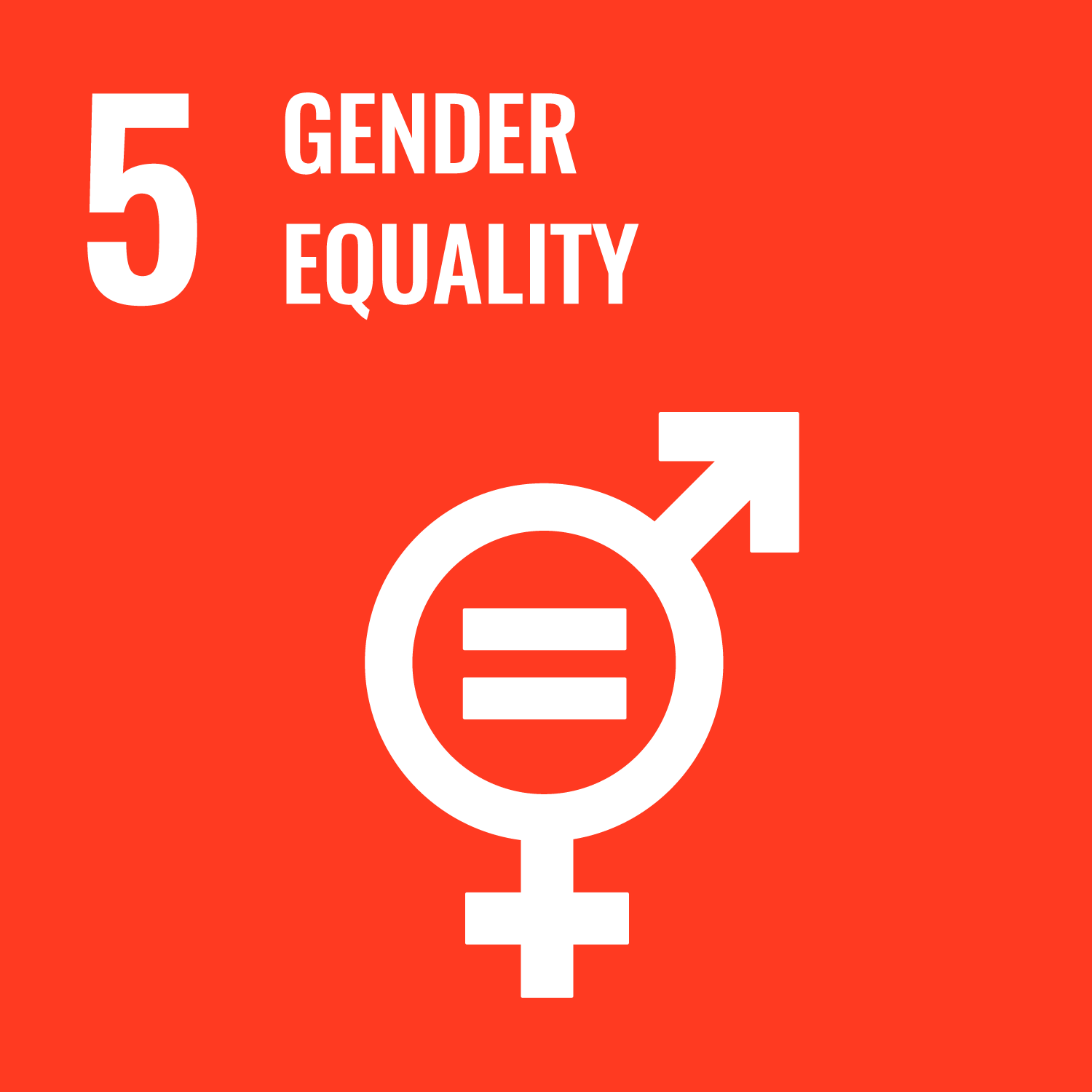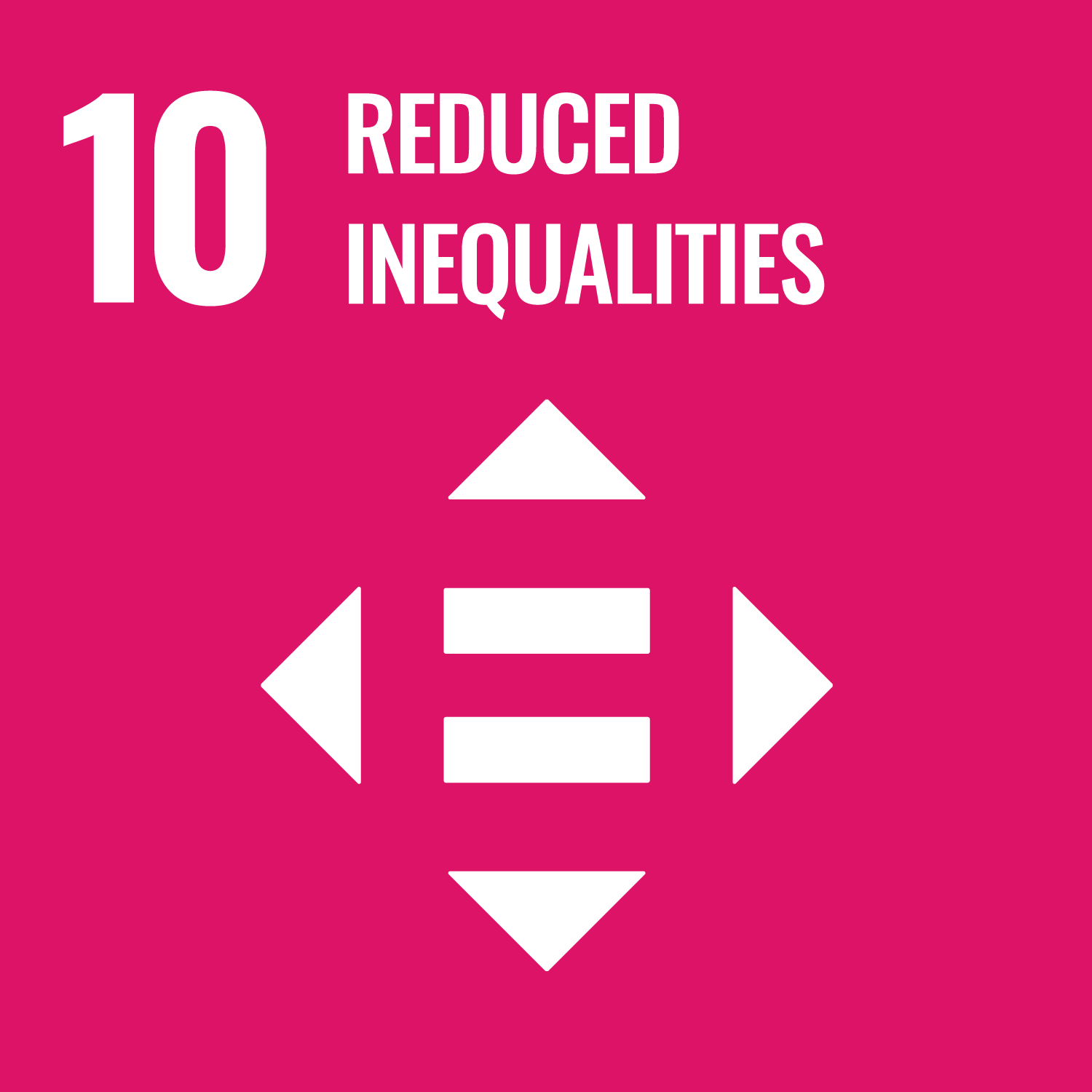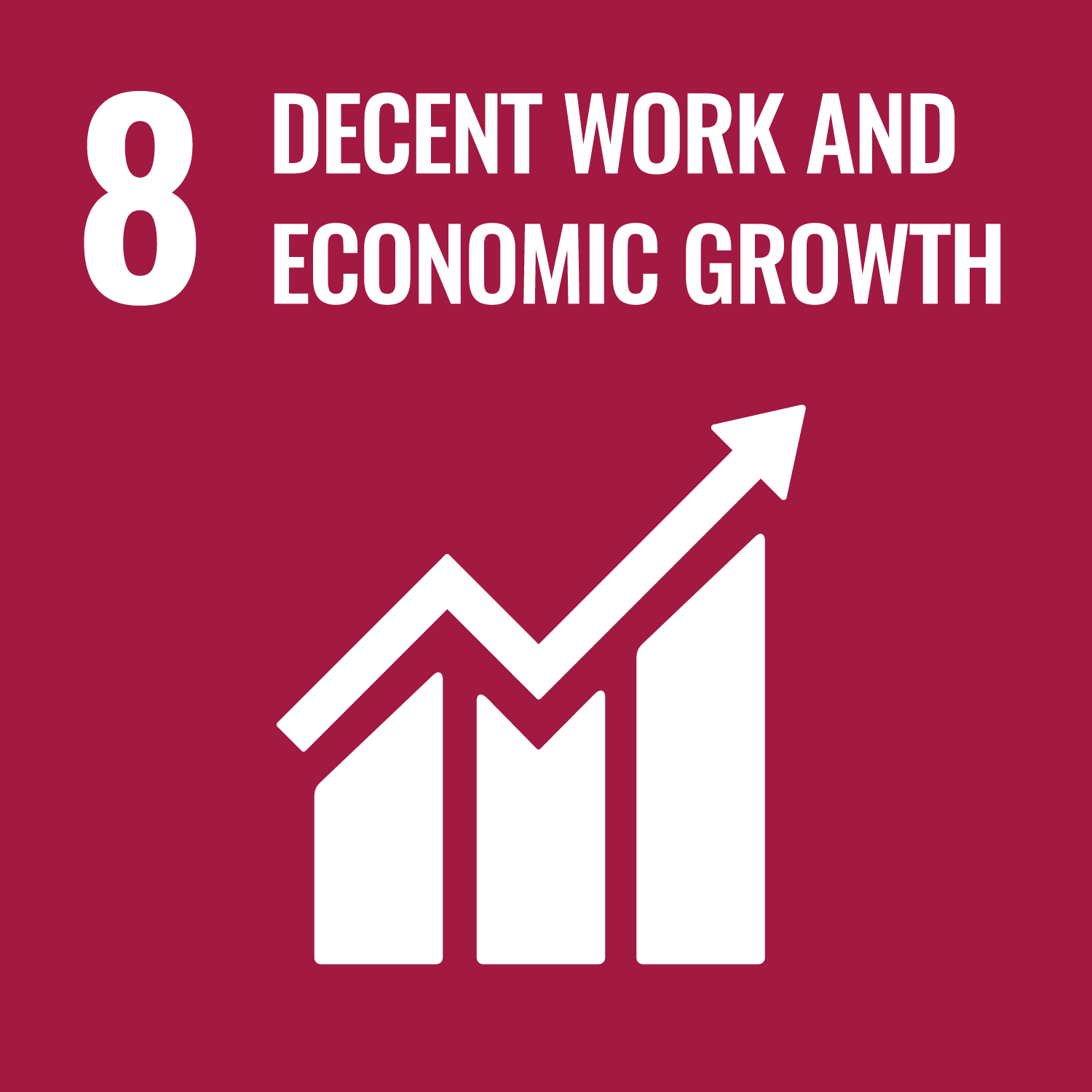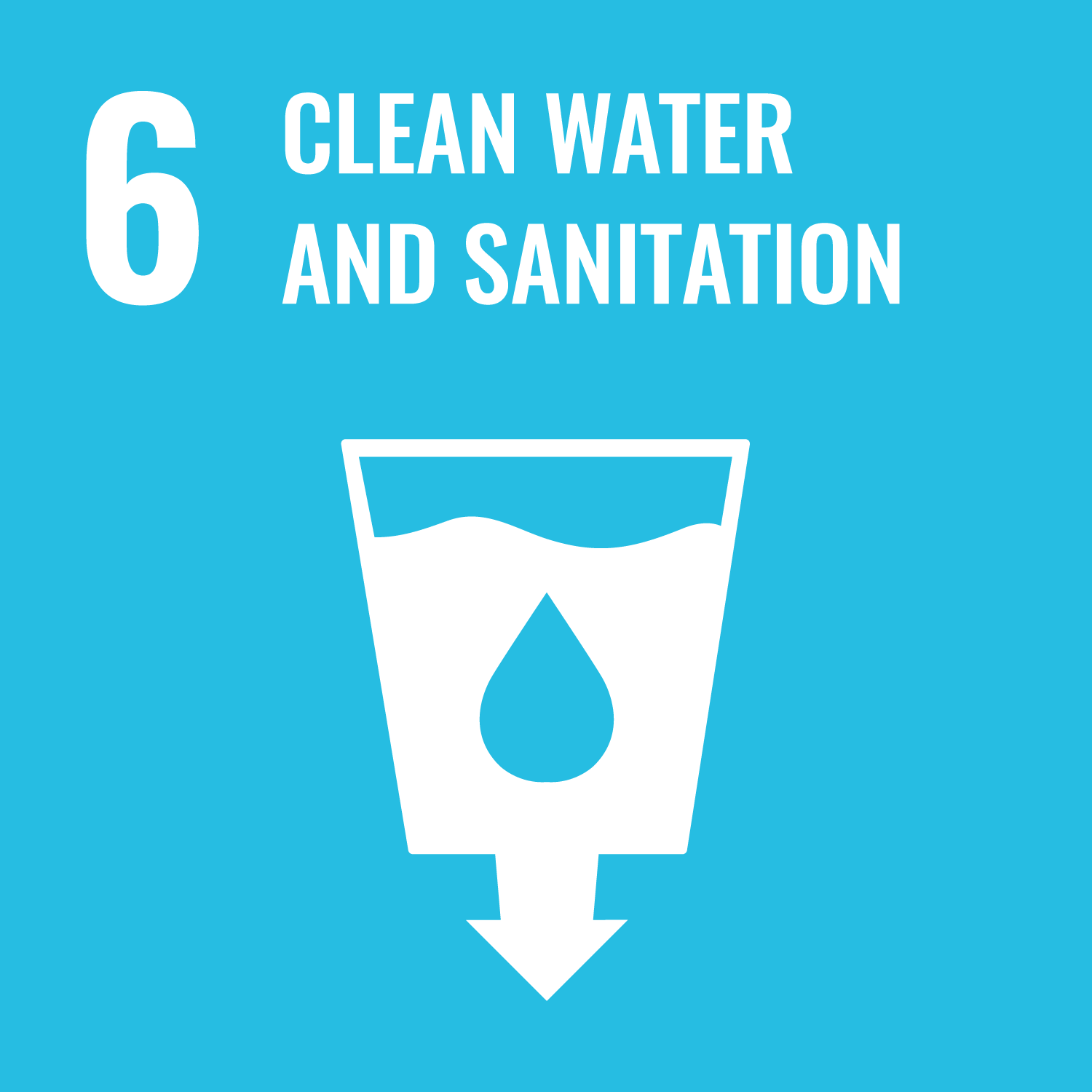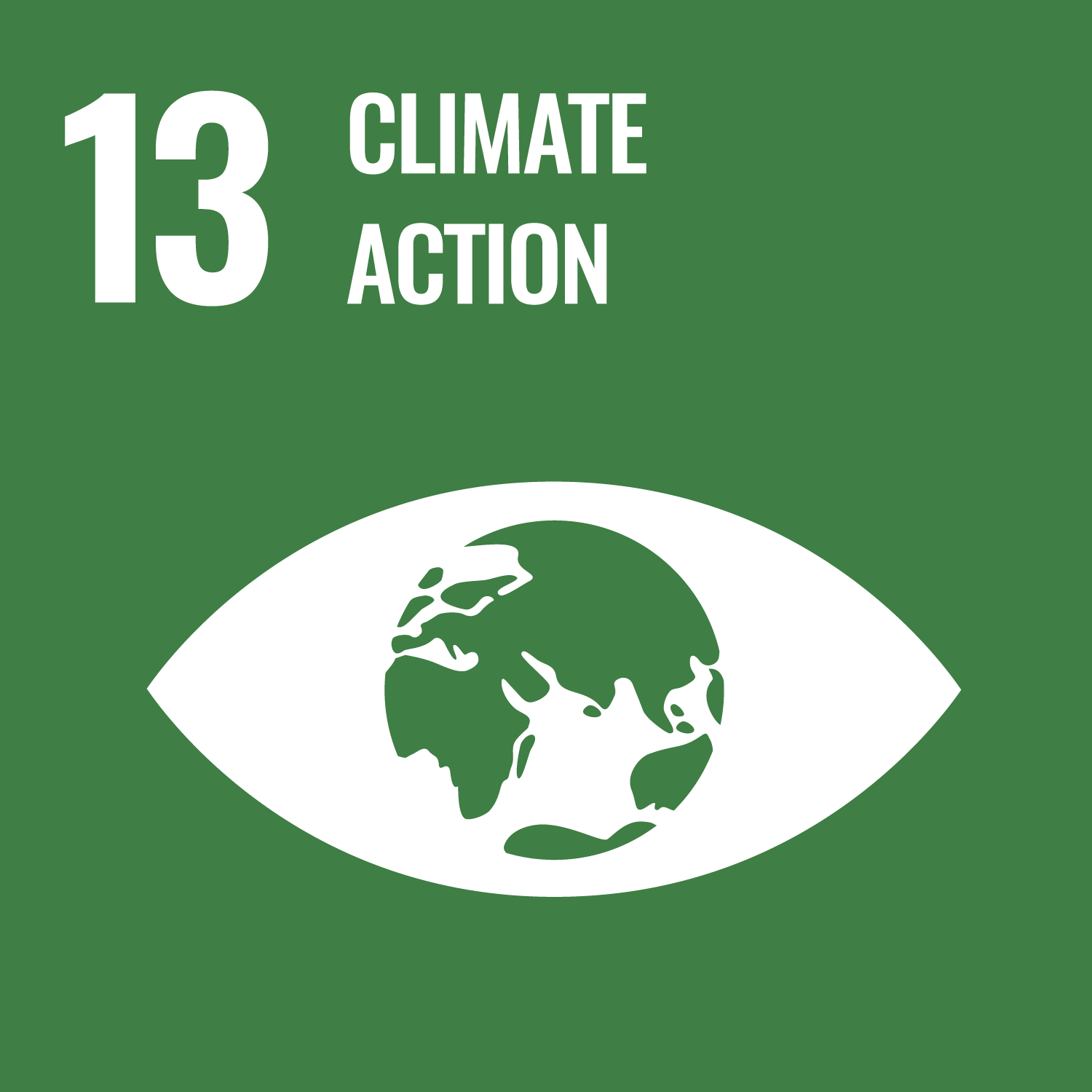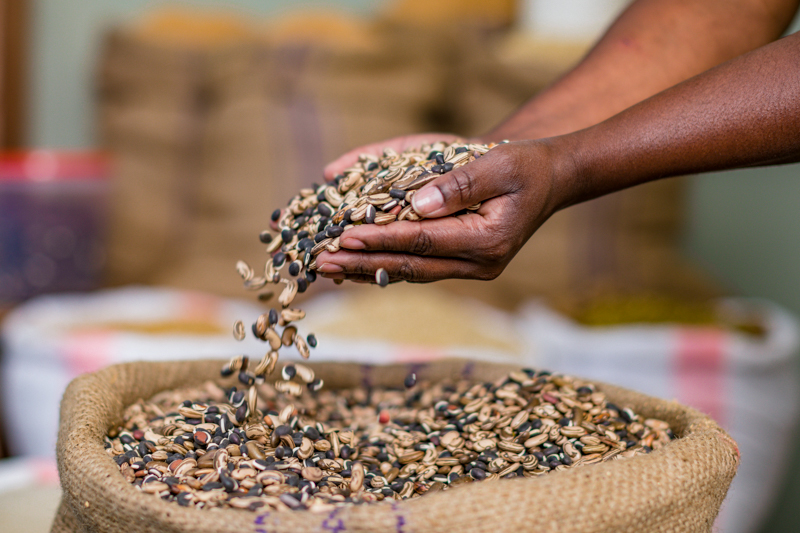
This course provides an introduction to seed and planting materials.
Reviews:
Certifications: Foundation and Practitioner
Cost:
Duration: hours
Languages: English
Learners: 0
Who is this for?
What will you learn?
On completion, you should be able to...
Digital learning skills
Skills Framework
This course maps to a range of related skills in the Skills for Agriculture Framework (SFA). By completing this course, you will build on the following skills:
United Nations (UN) Sustainability Goals
The UN Sustainable Development Goals (SDGs) recognise that ending poverty and other deprivations must go hand-in-hand with strategies that improve health and education, reduce inequality, and spur economic growth.
- Explain the importance of using quality seed and planting materials
- Assess what makes good quality seed and planting materials
- Identify ways to make observations of current seed and planting practice
- For a given situation, recommend improved seed and planting practices
This course is made up of 3 sections:
- Section 1: Describing seed and planting materials
- Section 2: Managing seed and planting materials
- Section 3: Producing seed and planting materials
- Extension workers and agro-input dealers, or anyone advising farmers
- Farmers may also find it useful
- Agricultural students may find the course complementary to their studies
- Join in polls and discussions to learn from others globally
- Access course materials and work through at your own pace
- Gain feedback from automated quizzes and activities to test your knowledge
- Improve critical thinking skills by investigating internet resources
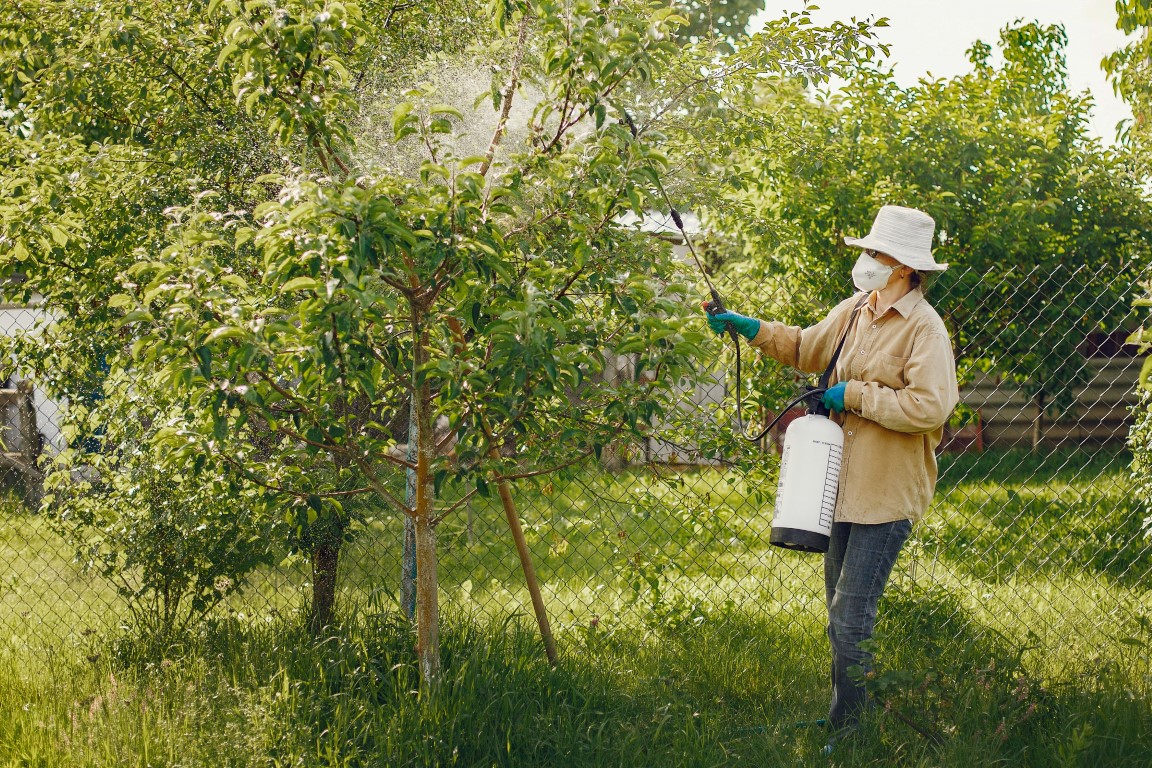
Selecting Lower Risk Pesticides
Reviews:
Certifications: Foundation and Practitioner
Cost:
Duration: hours
Languages: English
Learners: 0
Who is this for?
What will you learn?
On completion, you should be able to...
Digital learning skills
Skills Framework
This course maps to a range of related skills in the Skills for Agriculture Framework (SFA). By completing this course, you will build on the following skills:
United Nations (UN) Sustainability Goals
The UN Sustainable Development Goals (SDGs) recognise that ending poverty and other deprivations must go hand-in-hand with strategies that improve health and education, reduce inequality, and spur economic growth.
- Define risk and how it relates to pesticide use
- Identify country-specific guidelines and regulations for the use of pesticides
- Evaluate how exposure to pesticide hazards can be reduced for humans and the environment
- Recognise the difference between lower-risk and higher-risk pesticides
- Compare the toxicity of pesticides based on available sources of information
This course is made up of 3 sections:
- Section 1: Why and how pesticides have been classified on global, national and local levels
- Section 2: What short-term, immediate and long-term impacts pesticides can have on human health and the environment
- Section 3: How to find and compare information on product labels to inform pesticide selection in terms of risk
- Extension workers and agro-input dealers, or anyone advising farmers
- Farmers may also find it useful
- Agricultural students may find the course complementary to their studies
- Join in polls and discussions to learn from others globally
- Access course materials and work through at your own pace
- Gain feedback from automated quizzes and activities to test your knowledge
- Improve critical thinking skills by investigating internet resources
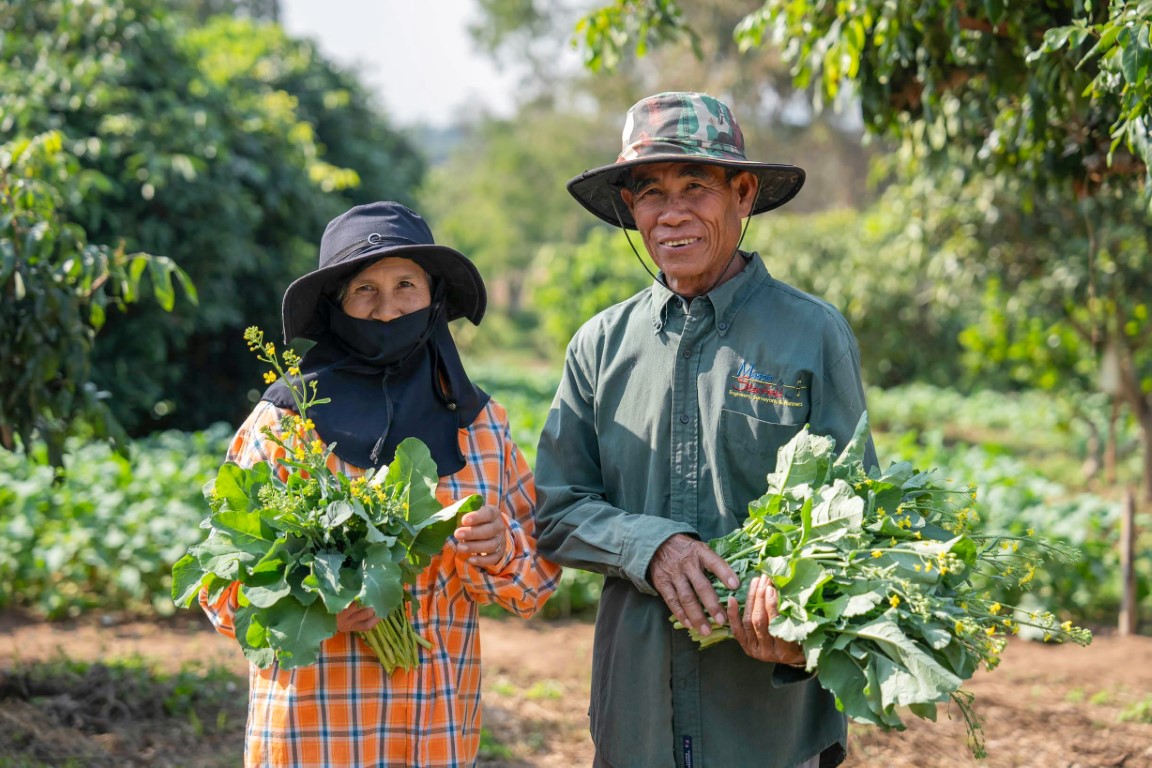
A short, online course and practical resources for farmer advisors to improve agricultural productivity by delivering gender-sensitive agricultural advisory services.
Reviews:
Certifications: Foundation and Practitioner
Cost:
Duration: hours
Languages: English
Learners: 0
Who is this for?
What will you learn?
On completion, you should be able to...
Digital learning skills
Skills Framework
This course maps to a range of related skills in the Skills for Agriculture Framework (SFA). By completing this course, you will build on the following skills:
United Nations (UN) Sustainability Goals
The UN Sustainable Development Goals (SDGs) recognise that ending poverty and other deprivations must go hand-in-hand with strategies that improve health and education, reduce inequality, and spur economic growth.
Section 1: Gender in agriculture
- Identify the roles of men and women in agricultural production
- Identify women as farmers and clients of extension services
- List factors that contribute to the creation of gender gaps in agricultural production
Section 2: Identifying community needs
- Identify the impacts of gender inequality on the community as a whole
- Identify the impacts of low numeracy and literacy levels on access to advisory services and other information
- Identify the benefits of gender-inclusive approaches in agricultural extension service provision
- Apply gender analysis tools to identify the needs of women and men farmers in your community
Section 3: Responding to needs
- Prioritise farmer needs using prioritisation tools and methods
- Use information and communication technologies within your work with women and men in your community
- Identify ways to communicate the importance of gender-sensitive, inclusive advisory approaches to women, men, and other members of the wider community
- Identify potential leaders and agents for change
This course is made up of 3 sections:
- Section 1: Gender concepts
- Section 2: Identifying community needs
- Section 3: Responding to needs
- Extension workers, rural advisors, and agro-input dealers, or anyone advising farmers
- Farmers may also find it useful
- Agricultural students may find the course complementary to their studies
- Join in polls and discussions to learn from others globally
- Access course materials and work through at your own pace
- Gain feedback from automated quizzes and activities to test your knowledge
- Improve critical thinking skills by investigating internet resources
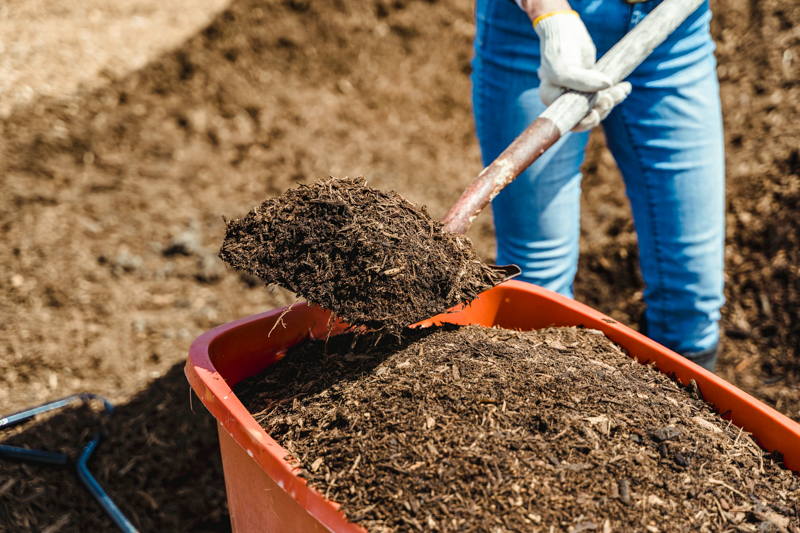
The course identifies challenges affecting nutrient availability to plants, recommending techniques and practices to sustainably increase yields and incomes for smallholder farmers.
Reviews:
Certifications: Foundation and Practitioner
Cost:
Duration: hours
Languages: English
Learners: 0
Who is this for?
What will you learn?
On completion, you should be able to...
Digital learning skills
Skills Framework
This course maps to a range of related skills in the Skills for Agriculture Framework (SFA). By completing this course, you will build on the following skills:
United Nations (UN) Sustainability Goals
The UN Sustainable Development Goals (SDGs) recognise that ending poverty and other deprivations must go hand-in-hand with strategies that improve health and education, reduce inequality, and spur economic growth.
- Outline the connection between crop nutrition and crop yields
- Explain the effects that nutrients and fertilisers may have on pests, non-target organisms and the environment
- Assess possible nutritional issues affecting the health of a farmer’s crops
- Detail processes and techniques for improving crop nutrition
- Recommend an approach to improve the nutritional value of a farmer’s crops
This course is made up of 3 sections:
- Section 1: Principles of crop nutrition
- Section 2: Information gathering
- Section 3: Products and management practices
- Extension workers and agro-input dealers, or anyone advising farmers
- Farmers may also find it useful
- Agricultural students may find the course complementary to their studies
- Join in polls and discussions to learn from others globally
- Access course materials and work through at your own pace
- Gain feedback from automated quizzes and activities to test your knowledge
- Improve critical thinking skills by investigating internet resources

Introductory course exploring how to develop the behaviours and social skills needed to thrive in agribusiness development.
Reviews:
Certifications: Foundation and Practitioner
Cost:
Duration: hours
Languages: English
Learners: 0
Who is this for?
What will you learn?
On completion, you should be able to...
Digital learning skills
Skills Framework
This course maps to a range of related skills in the Skills for Agriculture Framework (SFA). By completing this course, you will build on the following skills:
United Nations (UN) Sustainability Goals
The UN Sustainable Development Goals (SDGs) recognise that ending poverty and other deprivations must go hand-in-hand with strategies that improve health and education, reduce inequality, and spur economic growth.
- Create a basic definition of an agribusiness and explain the importance of the key elements essential for its successful operation
- Explain key complexities associated with the following aspects of agribusiness: production, marketing, and financial management
- Evaluate the effectiveness of different agribusiness methods relevant to your chosen context, considering factors such as resource availability, target market, and financial feasibility
- Develop a business plan for your own agribusiness, outlining key sections such as market analysis, financial projections, and marketing strategies
This course is made up of 3 sections:
- Section 1: What is an agribusiness?
- Section 2: Making a successful agribusiness
- Section 3: Your successful agribusiness
- Aspiring agribusiness owner
- New agribusiness owner
- Established agribusiness owner
- Agribusiness educator
- Join in polls and discussions to learn from others globally
- Access course materials and work through at your own pace
- Gain feedback from automated quizzes and activities to test your knowledge
- Improve critical thinking skills by investigating internet resources
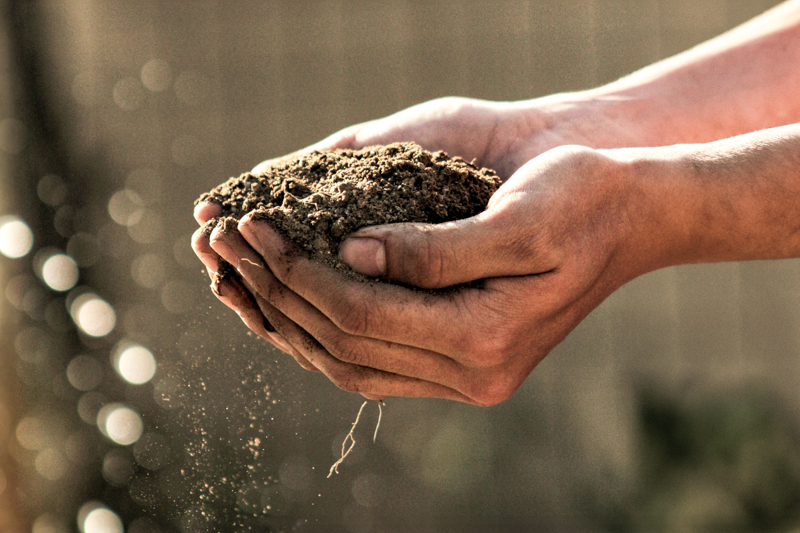
Collaborative approaches to improving soil health
Reviews:
Certifications: Foundation and Practitioner
Cost:
Duration: hours
Languages: English
Learners: 0
Who is this for?
What will you learn?
On completion, you should be able to...
Digital learning skills
Skills Framework
This course maps to a range of related skills in the Skills for Agriculture Framework (SFA). By completing this course, you will build on the following skills:
United Nations (UN) Sustainability Goals
The UN Sustainable Development Goals (SDGs) recognise that ending poverty and other deprivations must go hand-in-hand with strategies that improve health and education, reduce inequality, and spur economic growth.
- Outline the relationship between soil management, food security and the environment
- Develop knowledge about practical soil health solutions that work on a larger scale to address regional environmental issues
- Evaluate the broader regional context of soil health and advise farmers on practices that suit their individual circumstances
- Facilitate a network of farmers to share and promote effective soil management practices
This course is made up of 3 sections:
- Section 1: Why: Soil health
- Section 2: What: Soil identification and diagnosis
- Section 3: How: Management practices
- Extension workers and agro-input dealers, or anyone advising farmers
- Farmers may also find it useful
- Agricultural students may find the course complementary to their studies
- Join in polls and discussions to learn from others globally
- Access course materials and work through at your own pace
- Gain feedback from automated quizzes and activities to test your knowledge
- Improve critical thinking skills by investigating internet resources
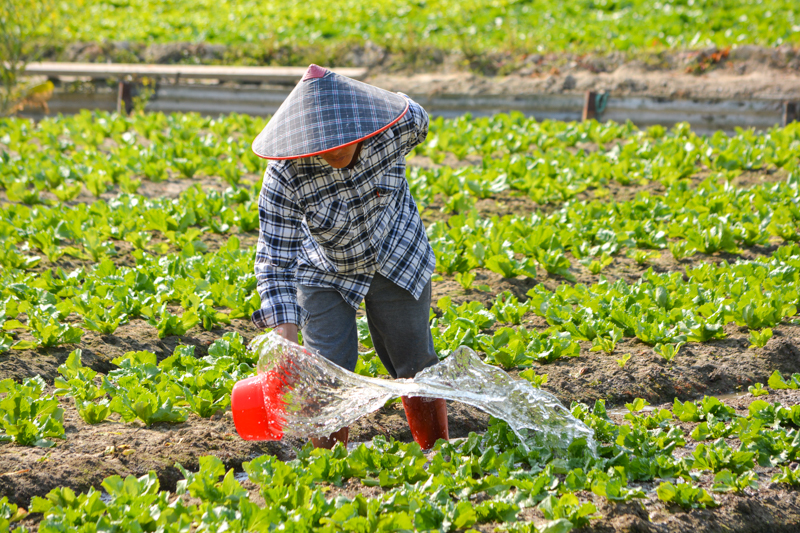
This course is about efficient and productive water management in (and for) agriculture.
Reviews:
Certifications: Foundation and Practitioner
Cost:
Duration: hours
Languages: English
Learners: 0
Who is this for?
What will you learn?
On completion, you should be able to...
Digital learning skills
Skills Framework
This course maps to a range of related skills in the Skills for Agriculture Framework (SFA). By completing this course, you will build on the following skills:
United Nations (UN) Sustainability Goals
The UN Sustainable Development Goals (SDGs) recognise that ending poverty and other deprivations must go hand-in-hand with strategies that improve health and education, reduce inequality, and spur economic growth.
- Recognise that water is limited, and its use can be optimised in both rainfed and irrigated plots
- Explain how much water moves through the soil and crops
- Describe how much water plants require
- Make changes to soil and plot to promote water retention
- Diagnose common plant issues related to water management
- Innovate on context-specific practices based on the principles learned
This course is made up of 3 sections:
- Section 1: Introduction to water management
- Section 2: Rainwater productivity
- Section 3: Irrigation
- Extension workers and agro-input dealers, or anyone advising farmers
- Farmers may also find it useful
- Agricultural students may find the course complementary to their studies
- Join in polls and discussions to learn from others globally
- Access course materials and work through at your own pace
- Gain feedback from automated quizzes and activities to test your knowledge
- Improve critical thinking skills by investigating internet resources

Nature-based pest and disease control
Reviews:
Certifications: Foundation and Practitioner
Cost:
Duration: hours
Languages: English
Learners: 0
Who is this for?
What will you learn?
On completion, you should be able to...
Digital learning skills
Skills Framework
This course maps to a range of related skills in the Skills for Agriculture Framework (SFA). By completing this course, you will build on the following skills:
United Nations (UN) Sustainability Goals
The UN Sustainable Development Goals (SDGs) recognise that ending poverty and other deprivations must go hand-in-hand with strategies that improve health and education, reduce inequality, and spur economic growth.
- Read and interpret product labels
- Differentiate between the basic groups of bioprotection products
- Classify bioprotection products according to their mode of action
- Select and apply bioprotection products
- Assess the results of bioprotection products in the field
- Join a network to develop and share best practice within local communities
This course is made up of 3 sections:
- Section 1: Preparing to buy bioprotection products
- Section 2: Choosing and accessing bioprotection products
- Section 3: Using bioprotection products and interpreting results
- Extension workers and agro-input dealers, or anyone advising farmers
- Farmers may also find it useful
- Agricultural students may find the course complementary to their studies
- Join in polls and discussions to learn from others globally
- Access course materials and work through at your own pace
- Gain feedback from automated quizzes and activities to test your knowledge
- Improve critical thinking skills by investigating internet resources

